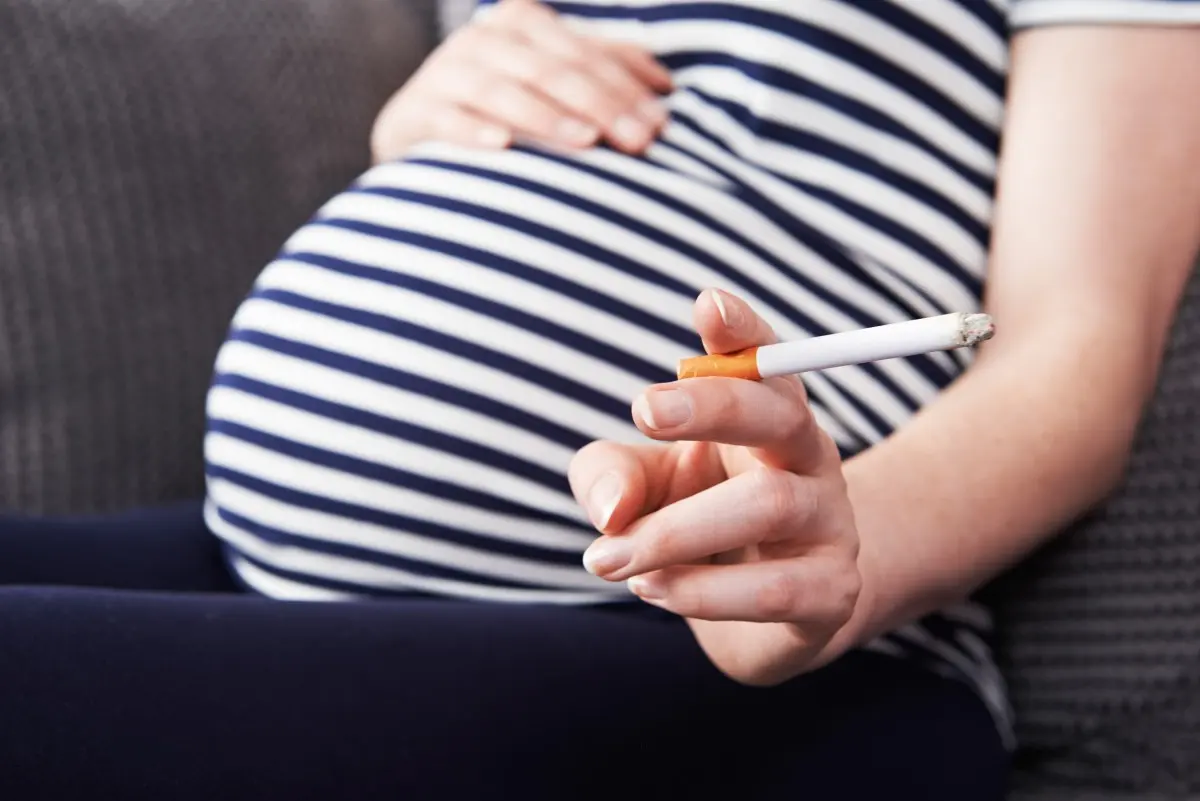
Maternal Smoking Tied to Enamel Defects & Missing Teeth in Infants
A recent literature review published in Evidence-Based Dentistry suggests that smoking during pregnancy may negatively influence a baby’s dental development, increasing the risk of enamel defects and hypodontia (missing teeth). The authors synthesize findings from multiple studies that explore how maternal smoking can interfere with the development of deciduous (primary) teeth.
One of the more consistent findings across the reviewed literature is an association between prenatal smoking and hypodontia—in other words, teeth failing to develop. The mechanism is thought to involve reduced oxygen delivery to the placenta, which impairs the cellular processes critical for tooth germ formation and maturation. Without adequate support, certain teeth may never develop.
The presence of nicotine and other tobacco compounds is also implicated in disrupting enamel and dentine formation. These substances may hinder mineral deposition or interfere with the differentiation of ameloblasts and odontoblasts, leading to hypomineralisation and enamel defects. Several studies included in the review observed links between prenatal smoking and molar-incisor hypomineralisation (MIH), where the enamel of first molars and incisors is porous, discolored, or weaker than normal.
The review also found that enamel hypoplasia—a condition in which enamel is thin, pitted, or incomplete—is more frequently reported in children whose mothers smoked during their second or third trimesters. This suggests that later stages of tooth formation may be especially sensitive to the detrimental effects of tobacco exposure.
Interestingly, the review noted that tooth eruption timing and general patterns of eruption were not reliably affected in most studies. The hypothesis that smoking might accelerate eruption in the first trimester found little support in the evidence. Some limited data hinted at short root anomalies in relation to prenatal smoking, but the authors caution that the evidence for this is weak and inconsistent.
In conclusion, the review states that smoking during pregnancy poses significant risks for offspring’s dental development—particularly in the form of enamel defects and missing teeth—but also emphasizes that the evidence is still not robust due to methodological differences among studies. The authors call for further well-controlled research to strengthen the understanding of these associations and to clarify the biological mechanisms at work.
📖 Original Article Information
Title: Smoking during pregnancy may affect babies’ dental development
Published: 8 August 2025 — Dentistry.co.uk